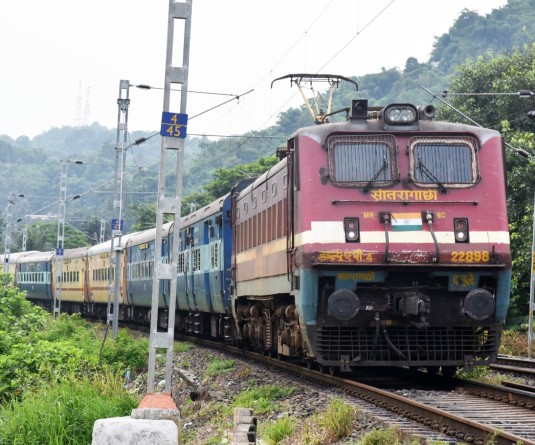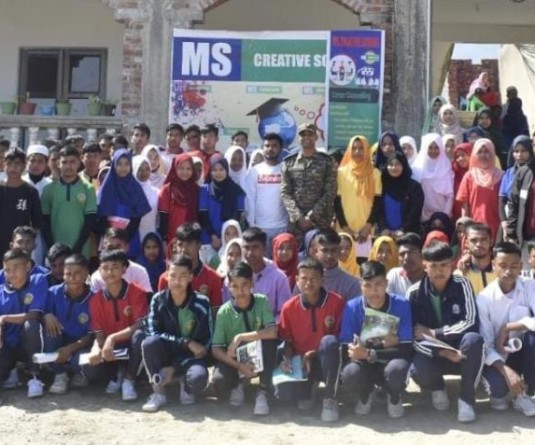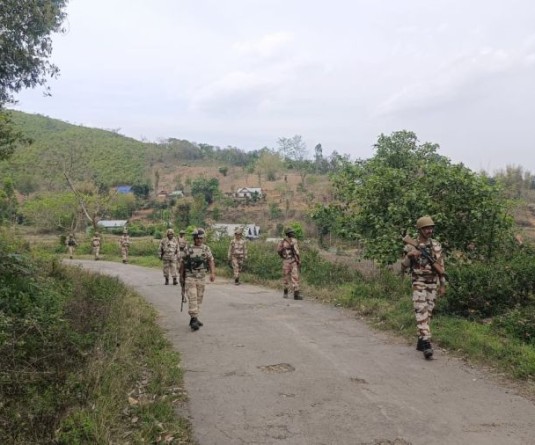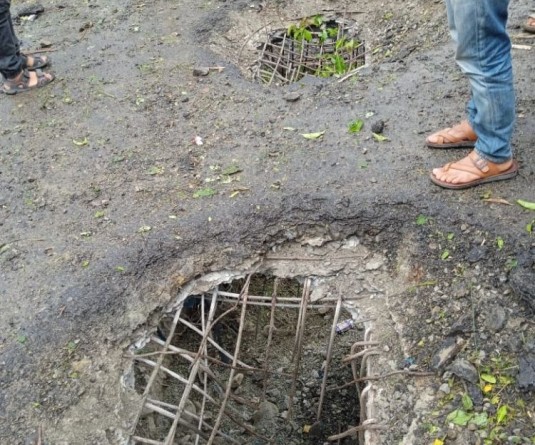
Newmai News Network
Imphal | October 2, 2019
The Anal Naga Tangpi (ANTA), the apex body of the Anal Naga tribe, affirmed “total” support of the Indo-Naga Framework Agreement signed on August 3, 2015 in New Delhi between the Government of India and National Socialist Council of Nagalim (NSCN).
The Anal apex body said, “For which the Anal Nagas appreciate the determined efforts from both the Government of India represented by its interlocutor RN Ravi and the Collective Leadership of the Naga people led by Th Muivah, General Secretary, NSCN and the late Chairman of the NSCN, Isak Chishi Swu for signing the historic document”.
The Anal body then recalled the signing of the Indo-Naga ceasefire agreement in 1997 “on the basis that the talks should be between two entities”, and that, the talks should be held at the “highest” level, in a third “neutral” country, and without any “pre-conditions”. The ANTA said this subsequently led to the “solemn” recognition of the “unique history and situation of the Nagas” on July 11, 2002. According to ANTA, this recognition has led to the forging of “new” relationship between India and the Nagas.
It then said that the Framework Agreement “furthers” the goal of new relationship between India and the Nagas by recognizing and acknowledging the importance of peaceful co-existence by sharing sovereignty between the two entities. In this regard, ANTA stated it is constraint to express that an agreement without the Naga flag and a Naga constitution, “which would safeguard the inherent rights and identity of the Nagas,” would be going against the “universal” principles acknowledged and recognized in the Framework Agreement.
The ANTA reposed its faith and trust in the collective leadership of the NSCN and endorsed the "broad vision of the Framework Agreement and the concomitant competencies negotiated therein".
It urged the two negotiating parties to resolve the protracted Indo-Naga issue to an “honorable and acceptable settlement at the earliest”.





